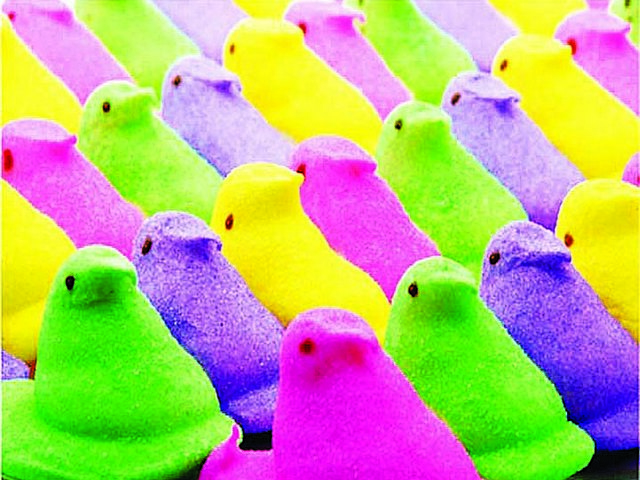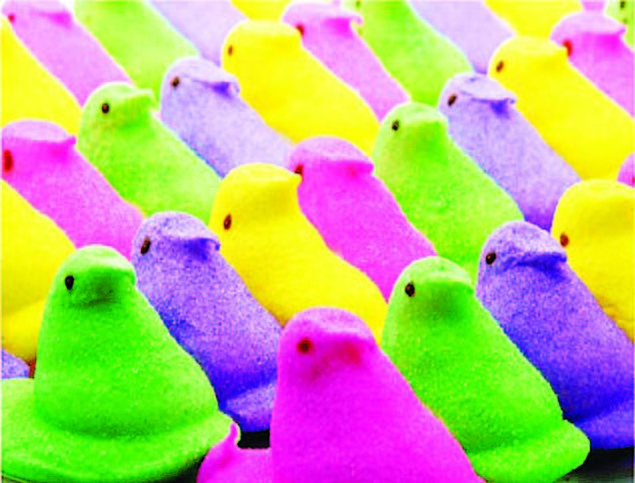One of my favorite things about spring is that it always feels as if the re-set button has been pushed and you have a chance for re-birth. Winter is gone, flowers and trees start to bloom, and love is in the air.
A lot of traditions are involved during this season. Since 1878, the White House hosts an Easter Egg Roll party. Elsewhere across the world, celebrations include the Holi festival in India celebrates with beautiful colors splashed on friends; the Spring Equinox in Mexico welcomes celebrants who climb the ancient pyramids to feel the energy of the spring sun; the Annual Cheese Rolling event in Gloucester, England – people literally chase a wheel of cheese down the hill; and, of course, Passover, commemorating the Israelites freedom from the bonds of Egyptian slavery.
Springtime is also a time of year when religious traditions bring loved ones together. Growing up, I had the unique opportunity to be raised in a family that celebrates both Christian and Jewish traditions.
A big event in our home at Easter was when my grandfather on the Christian side would stuff money into plastic eggs and hide them all around the house. All of us kids would go absolutely berserk running around in circles – and occasionally throwing an elbow…
And then at the home of my Jewish grandparents, we would struggle through the boring hours of reading and endless ceremonies of Passover. But finally the big moment would arrive – the search for the hidden matzah, also known as the afikomen. The child who found it, got the reward.
Viewed as games by children, such holiday rituals had a much deeper significance for my grandparents. For sure, the religious traditions were important to them, but the overarching importance of the holidays is that it provided planned family time together, precious moments, and cherished memories.
This year on March 30 and 31, such a scene will play out for roughly six million Jewish families across the U.S., as we join together to celebrate the spring holiday of Passover – or Pesach. These two nights of dinner and prayers are steeped in tradition and symbolism.
There is a theological explanation why Passover occurs in the spring. In the Jewish tradition, the message is liberation and life reborn simultaneously with an Exodus message of good overcoming evil, of love overpowering death, and of freedom and redemption.
On the Christian side, we will join with 280 million people across the U.S. in recognizing Easter as a holiday that focuses on life triumphing over death, as well. Granted, in the U.S., it’s kind of a mixed-up affair: the images of a Christ being sacrificed on the cross competing with fluffy bunnies and sugarcoated Peeps.
Jewish, Christian, or otherwise, springtime is a celebration of life’s victory. In the northern hemisphere, spring is when vitality returns to the land after the desolation of winter. It is therefore when nature’s cycle of life, death, and rebirth is at its most visible.
The predominant theme of spring is re-birth. From the Passover traditions where new beginnings connect participants to their history of freedom and redemption, to the holiday of Easter and holy week when Christians celebrate the re-birth of Christ. Any way you celebrate it, spring is fun! Rolling cheese, anyone?
About James Field: James is committed to keeping in touch with the Pinecrest community and hopes you welcome his insights on issues affecting Village residents. Please send an e-mail to jfieldjr@gmail.com with questions or comments.








